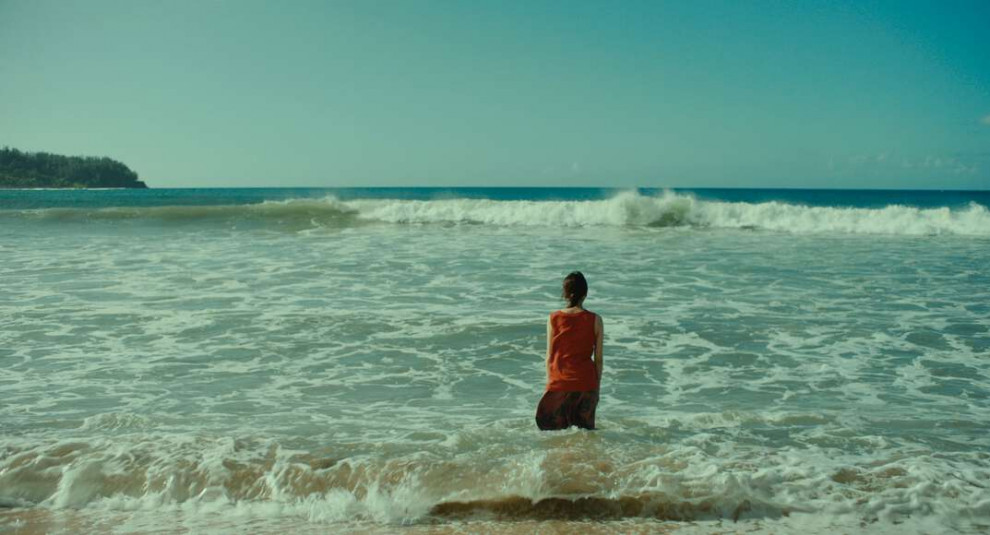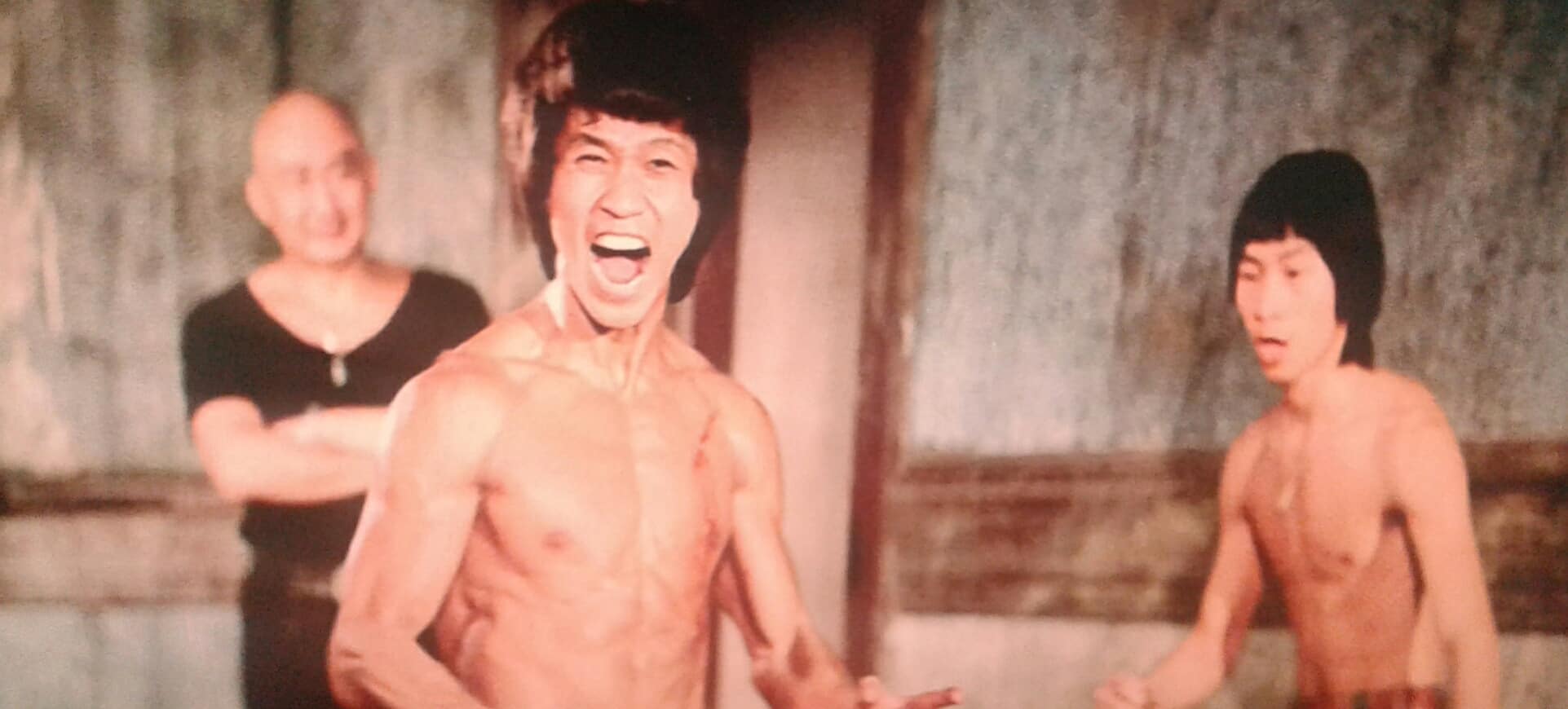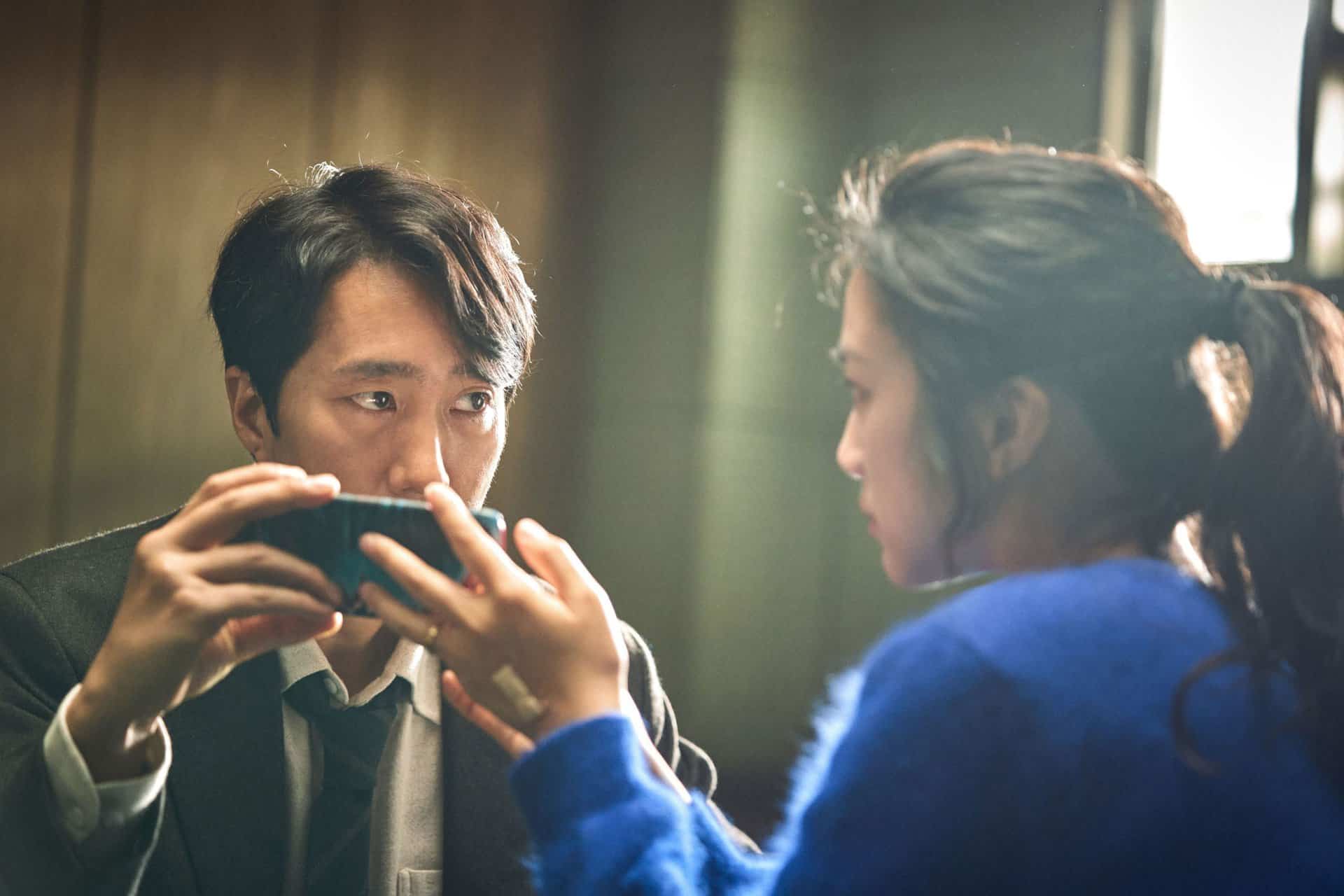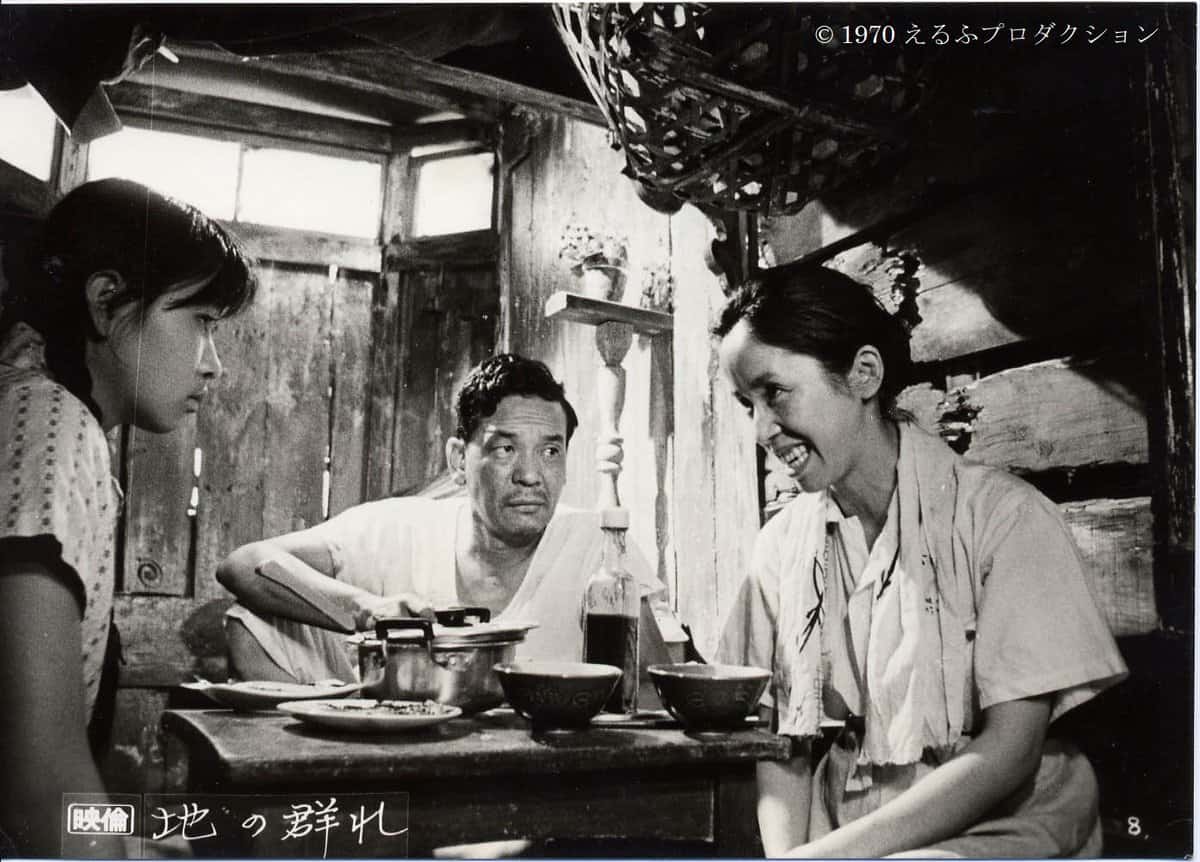Despite the recent “trend” of Haruki Murakami adaptations (“Burning”, this particular one, and “Blind Willow, Sleeping Woman” which is filming at the moment), transferring his movies to cinema was never an easy task, particularly due to their abstract nature, the inconclusive ending, and the many questions that never are answered. Much like Lee Chang-dong, however (not on the same level, but still), Daishi Matsunaga seems to have managed just that.
Sachi is the single mother of an adolescent boy named Takashi, and owner of a piano bar. One day, she receives a phone call that her son has been killed by a shark while surfing on Hanalei Bay, in Hawai, in a horrendous attack that had his foot completely bitten off. Sachi heads to Hawai to arrange for the transfer of the body, but also on a trip to find out more about her son. The story then flashes forward ten years, when Sachi, who has been visiting Hanalei Bay every year at the date her son stayed there, mostly spending her time reading on the beach her son dies, meets two young surfers, Takashi and Miyake. The three of them form an unlikely bond.
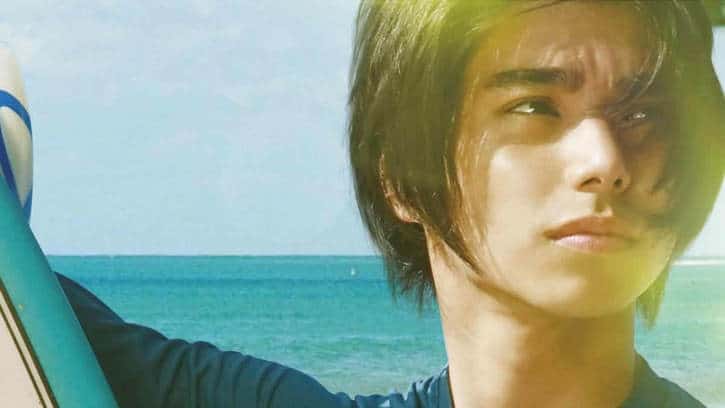
Daishi Matsunaga directs a very sensitive and sincere film that focuses on a mother's effort to cope with her loss by understanding who her son was. Her failure to let go, as so eloquently presented by her continuous trips to Hanalei Bay, that have actually made her a “figure” in the area, forms another central part of the narrative, while her meeting with the two boys serves as a testament to motherhood, a capacity that never leaves women, despite everything that happens in their lives. And while her treating of the two “lost boys” as a mother is somewhat expected, the fact that they also acknowledge her as a mother figure, letting her help any way she can, comes as a surprise, but also as another testament to the human need for parental care. The fact that Sachi's healing begins when she meets the boys intensifies all the aforementioned comments. Lastly, the whole concept highlights the fact that nowadays (to say the least) parents do not really know their children, although the story seems to put most of the blame to the children.
The narrative unfolds with a time leap and many flashbacks, with the use of music to indicate the former (the first part begins with Iggy Pop's “I am a Passenger” and the second with electronic music) being quite smart and entertaining, while the music also provides one of the ending comments, in delightful fashion. Some elements of surrealism are also here (this is based on a Murakami novel, after all) with the concept of the one-legged surfer, who may or may not exist being the most characteristic one. Add to that some minor elements of humor, particularly deriving from Takahashi's mischievousness that provide a much needed relief from the permeating, dramatic atmosphere, and you have the backbone of the narrative.
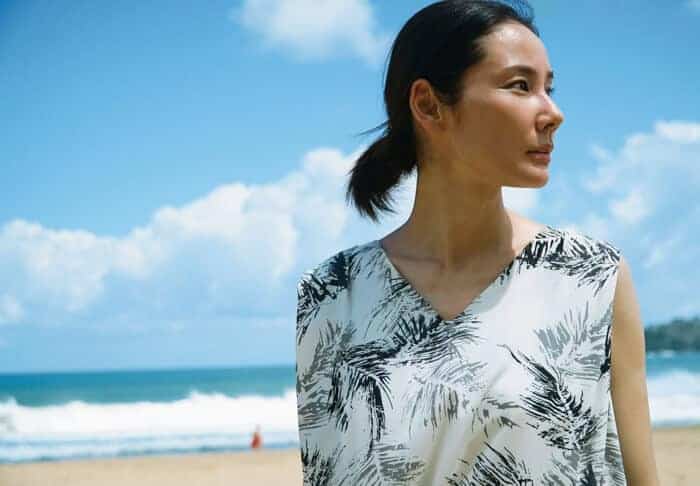
Ryuto Kondo's cinematography is excellent, with him managing to provide images that mirror the psychological status of the protagonist, but are also induced with extreme beauty, particularly the ones showing the beach and the sea. His framing and the long shots implemented in the presentation of the one-legged surfer are also excellent, highlighting the fact that Sachi has been chasing something that is quite far from her reach. Lastly, the scene with the blue sheets that are used to mimic waves is one of the most beautiful I have seen during the latest years. Daishi Matsunaga's own editing induces the movie with a very fitting slow pace, that allows for a full analysis of the protagonist, as it also suits the general aesthetics of the film perfectly, while he same applies toYoshihiro Hanno's subtle but intense music
The acting is on a very high level. Yo Yoshida as Sachi is excellent in presenting a number of different psychological statuses, while the silent but eloquent sadness that seems to be emitting from her every pore is impressively depicted. Nijiro Murakami as Takahashi is also very convincing as the mischievous but also dependant young man, while his part as a catalyst to the story is performed quite nicely.
“Hanalei Bay” is a great sample of Japanese indie cinema, and a more than worthy adaptation of Murakami's work, by a director who seems to mature with every movie he shoots.


